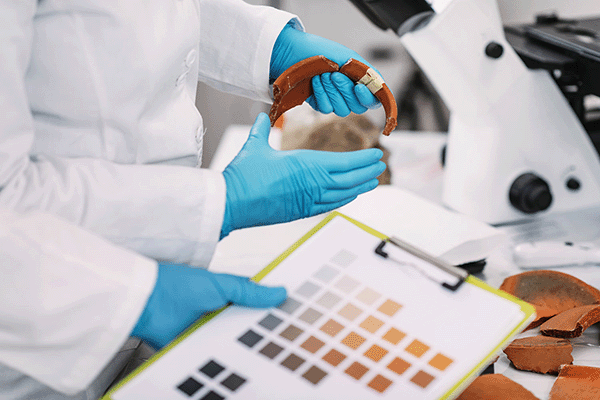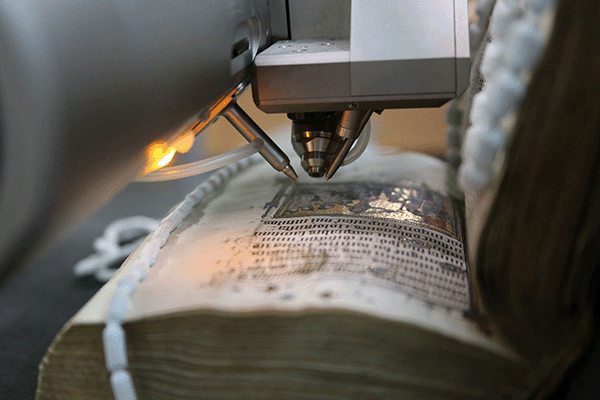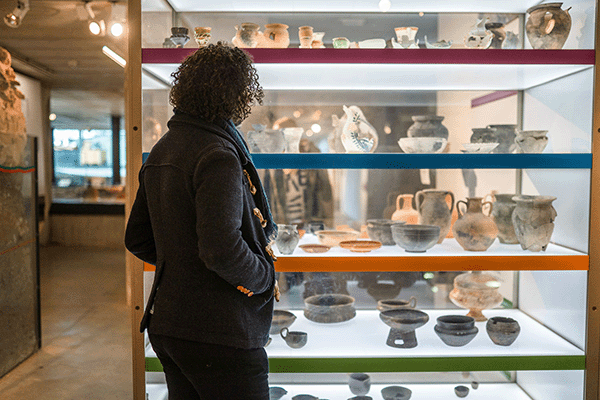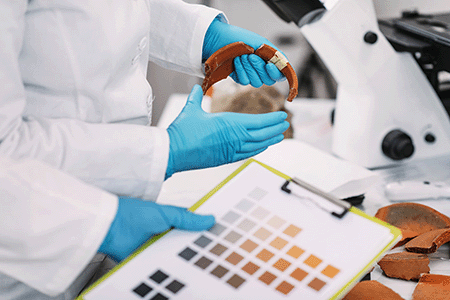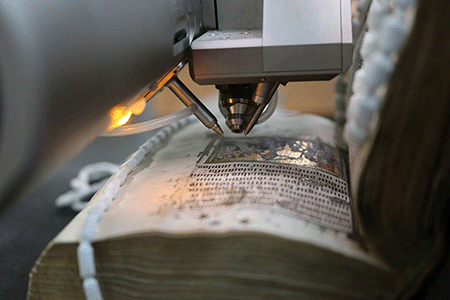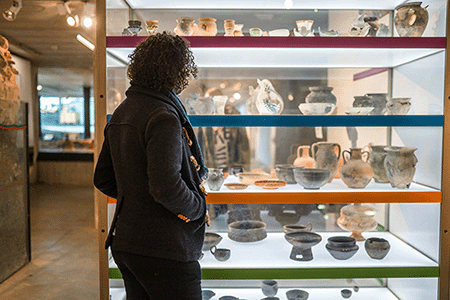Organisation: Durham University
Principal investigator: Lisa-Marie Shillito
Project overview
The Northeast Material Culture Analytical Suite (NeMCAS), established in 2022, offers advanced imaging and analysis capabilities for archaeological and heritage collections. As one of the few institutions providing integrated thin section analysis and micro-CT imaging tailored for heritage science, NeMCAS has seen a considerable increase in demand.
The growing interest highlights the diverse applications and benefits NeMCAS provides to the heritage science community. However, the increasing demand has made access management challenging. To address this, NeMCAS Phase II aims to expand the facility by introducing additional imaging equipment to increase capacity and enable rapid automated analysis, create new laboratory spaces for sample preparation enhancing accessibility to the heritage science community.
Project purpose
This project aims to enhance the NeMCAS to meet the increasing demand for integrated thin section analysis and micro-CT imaging, currently outsourced abroad due to facility closures and backlogs in the UK. By providing a dedicated, accessible laboratory for sample preparation and advanced imaging, NeMCAS Phase II will expand its current micro-CT capabilities and incorporate high-resolution microscopy.
This expansion will support diverse applications, including non-destructive imaging of cultural objects, taphonomic experiments and multiproxy analysis of archaeological sediments. The enhanced NeMCAS facility will address community needs and will foster collaborations across academia, heritage conservation and the commercial sector.
Project impacts
This project will enhance the NeMCAS facility, reducing the current challenges researchers face in accessing large-format thin section analysis and micro-CT imaging. By co-locating equipment and improving resolution and automation, NeMCAS Phase II aims to set new standards in heritage science research, particularly in the north of England.
This will advance the understanding of object composition, ancient technologies and environmental contexts. The upgraded facility will support broader applications in preservation, conservation and interdisciplinary studies, significantly contributing to both academic research and industrial innovation in the UK.

